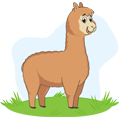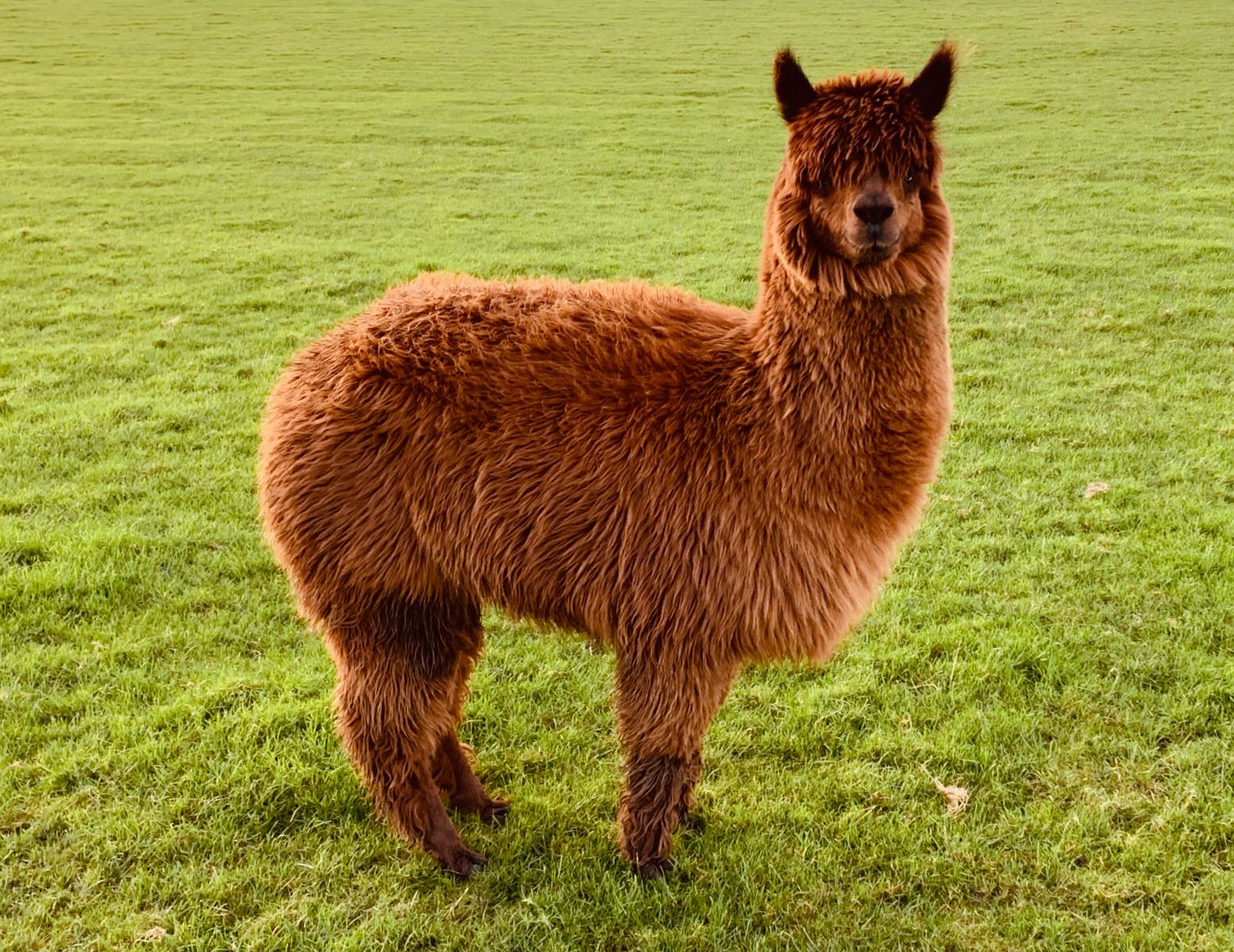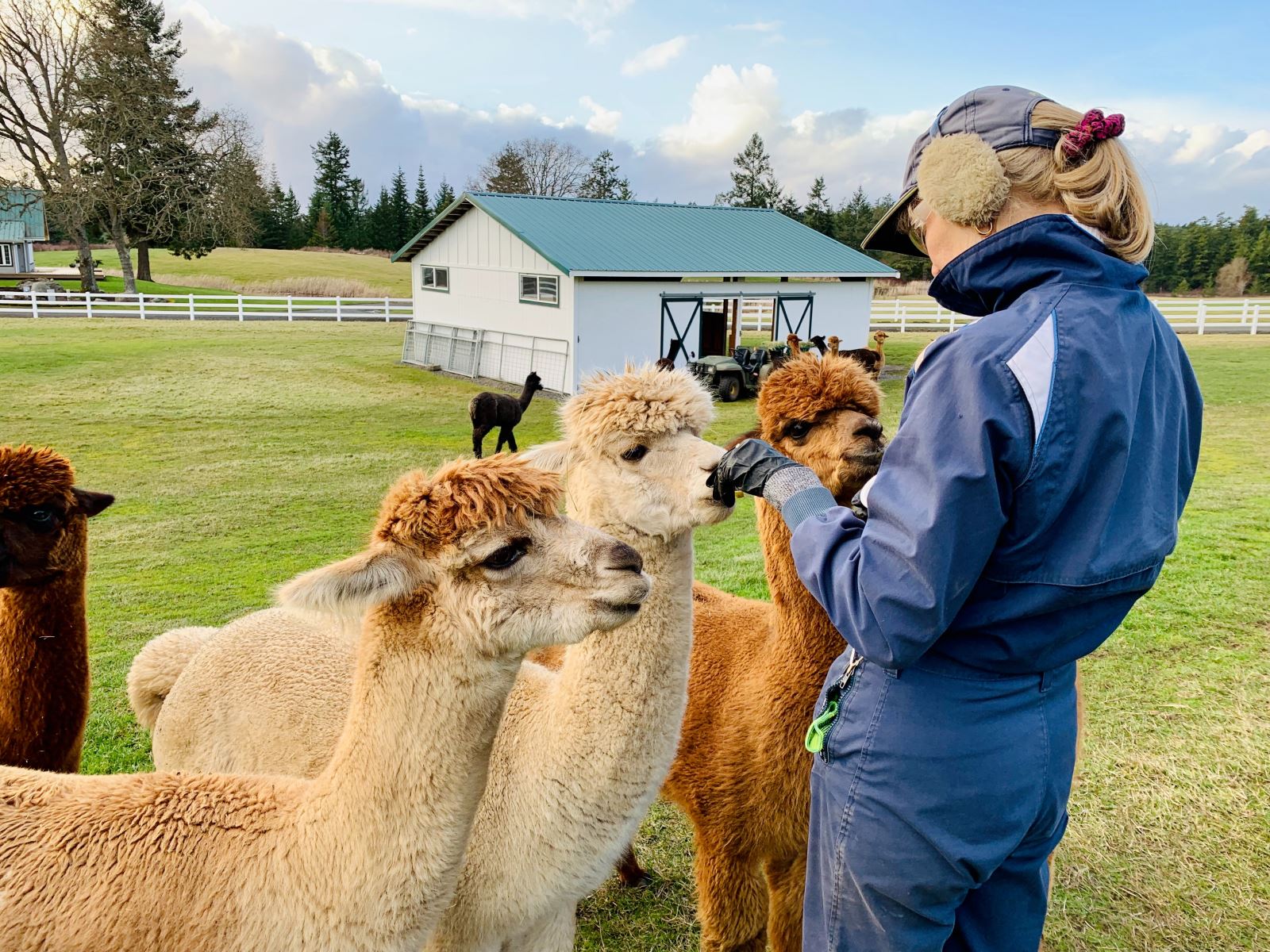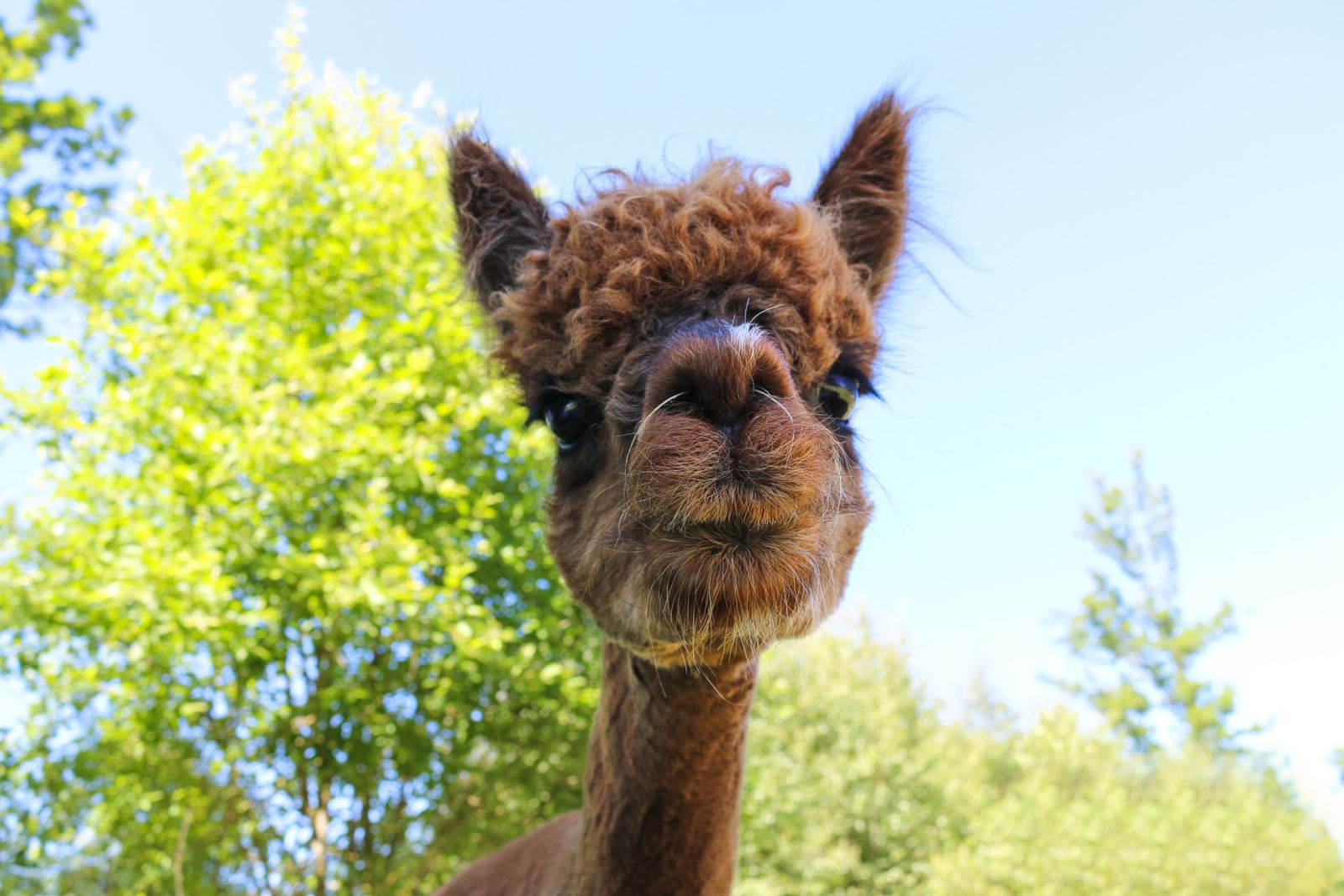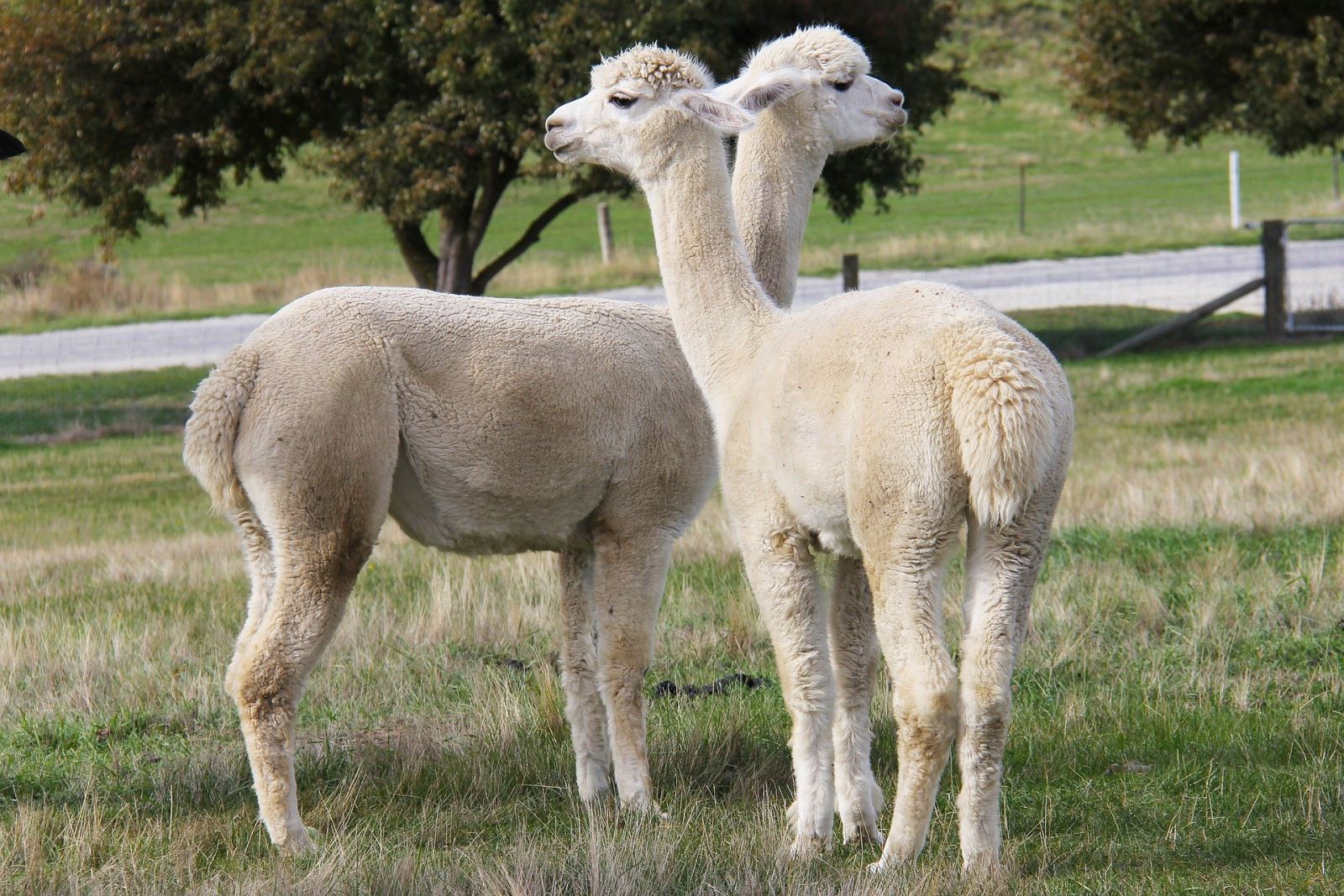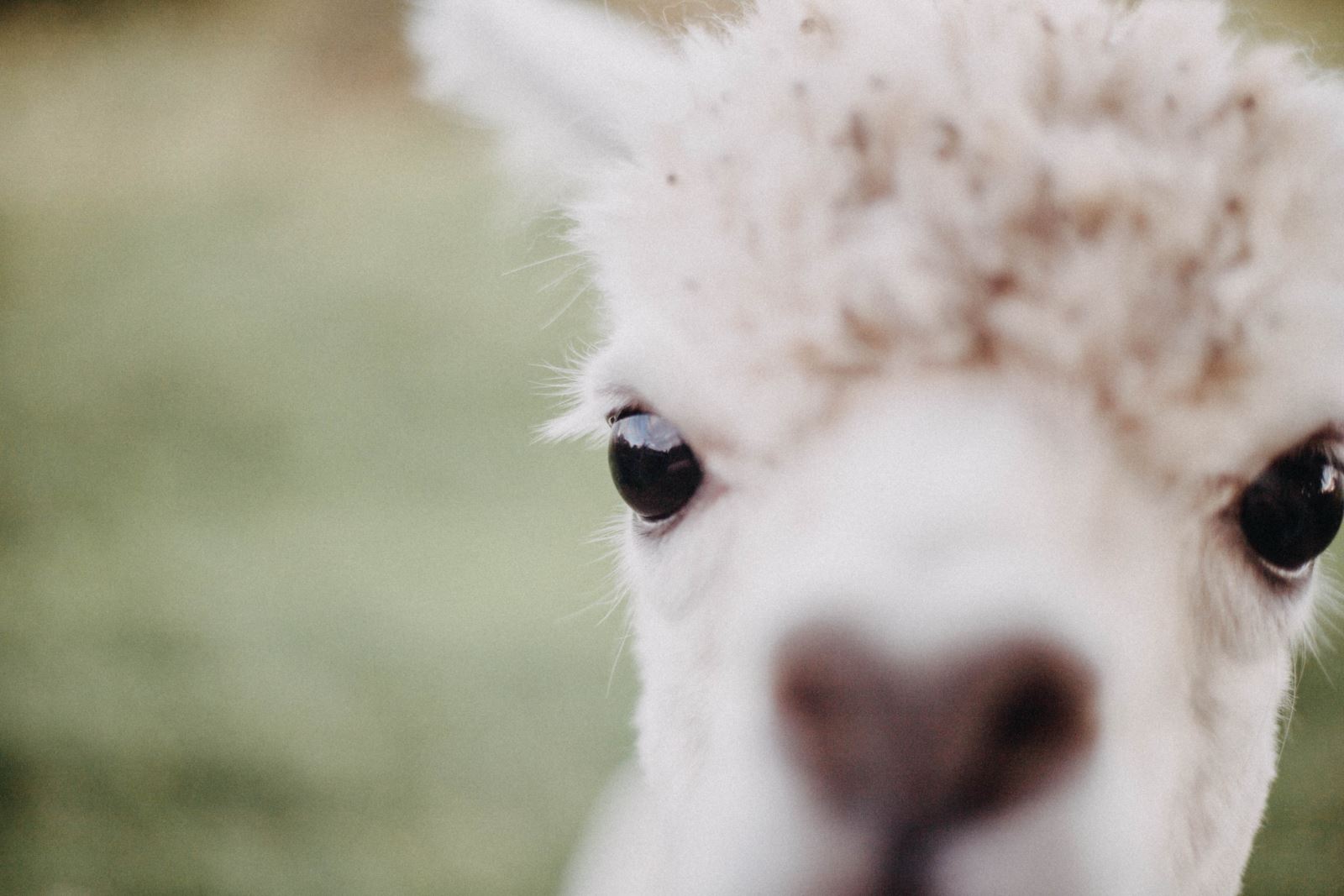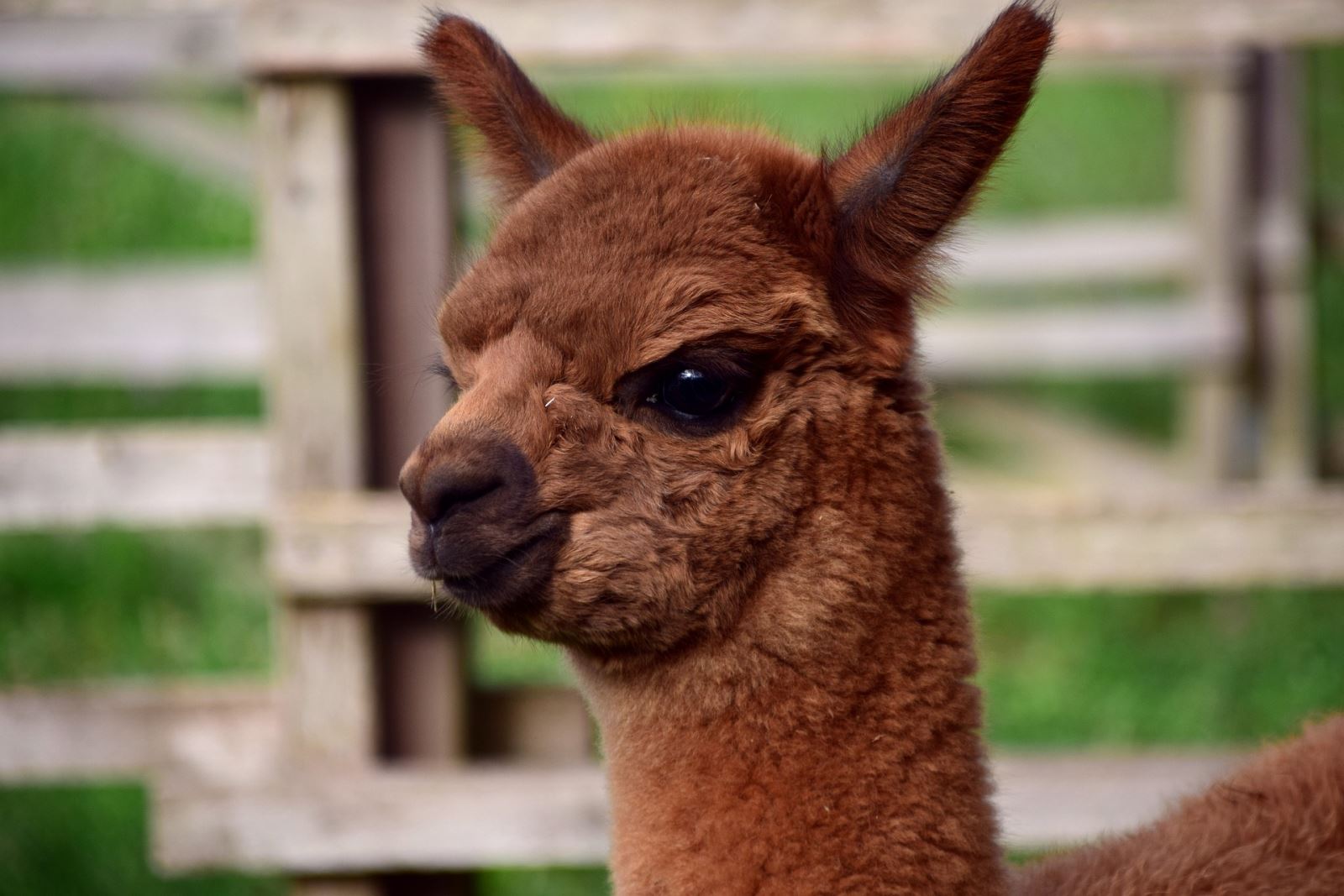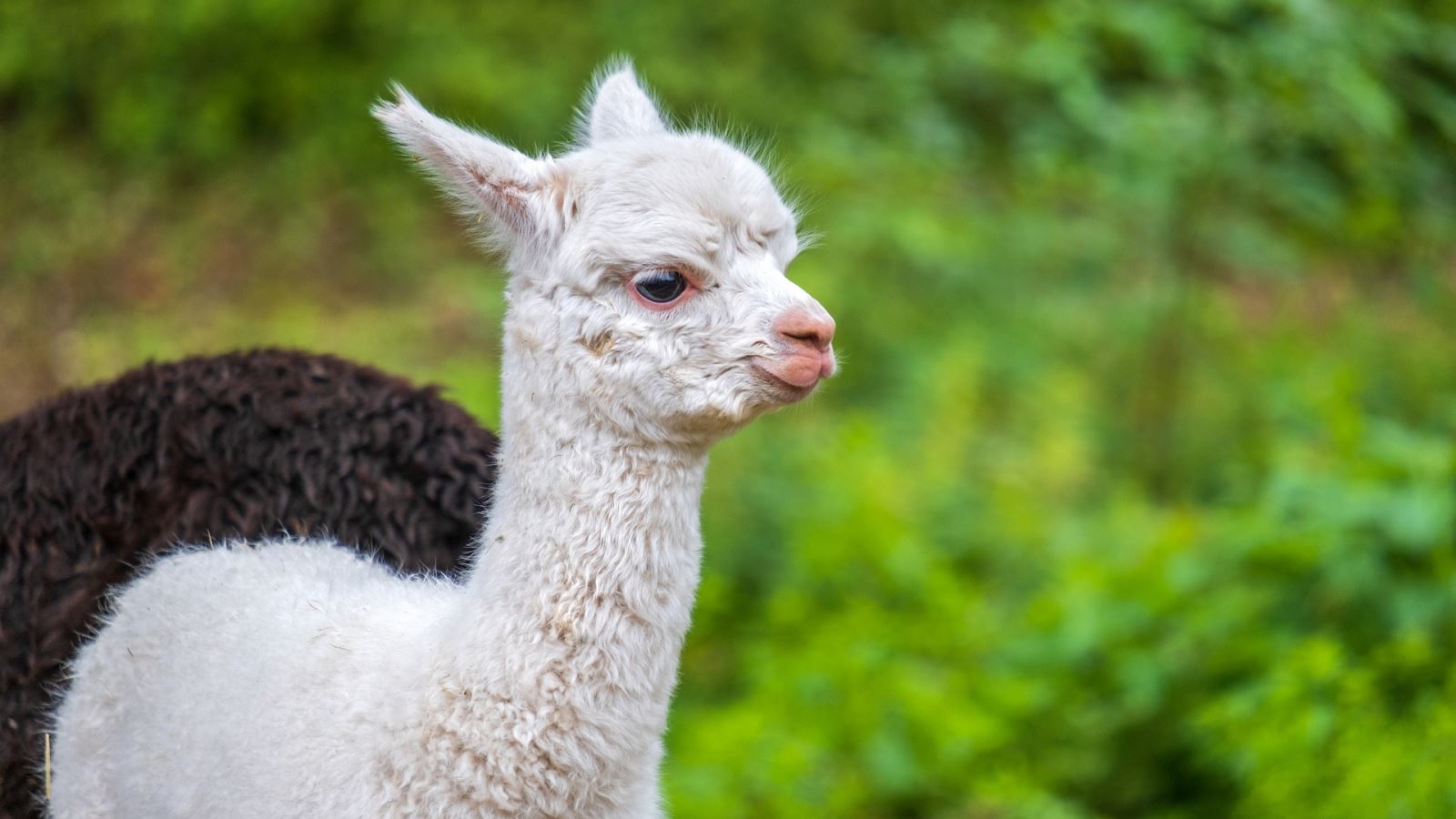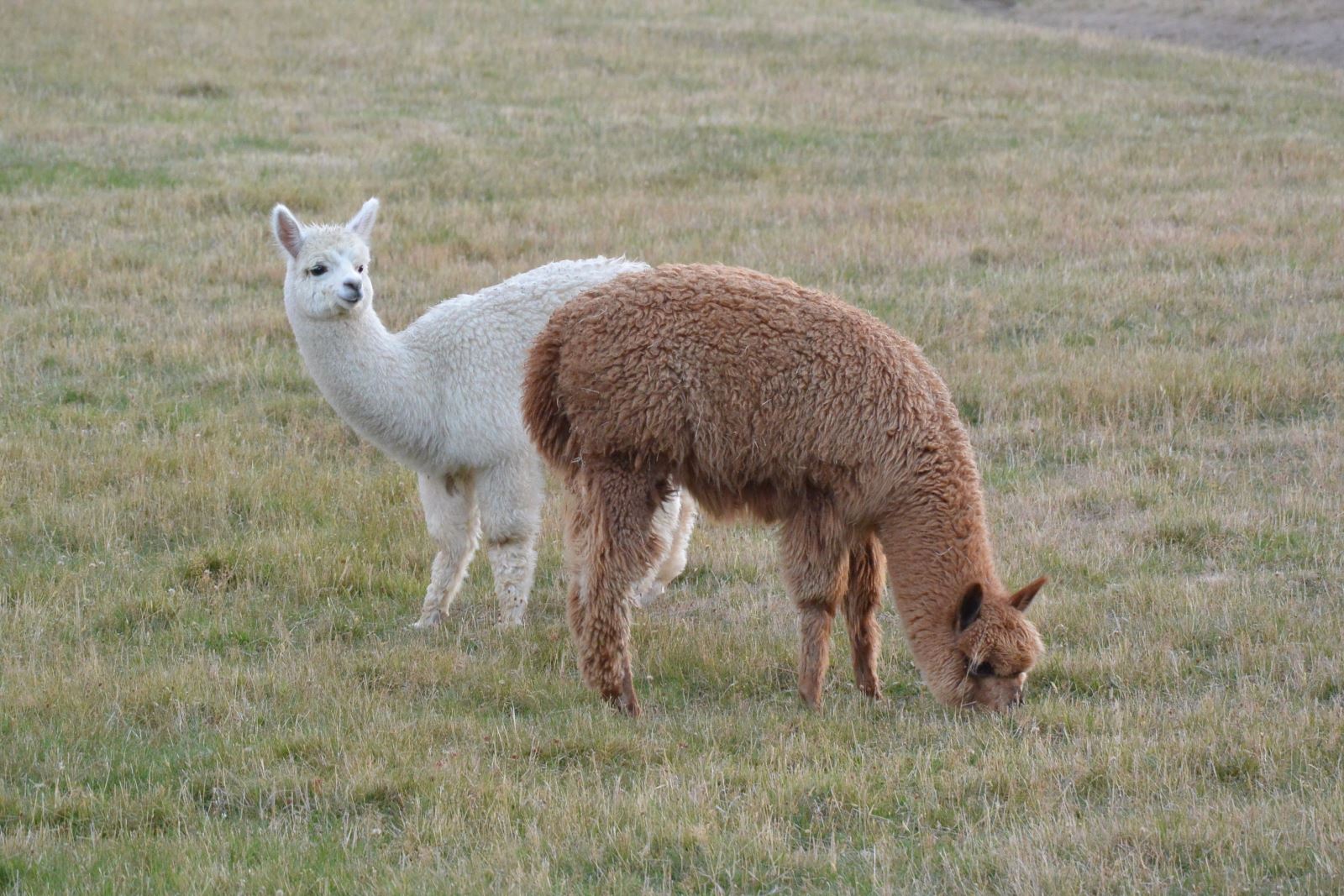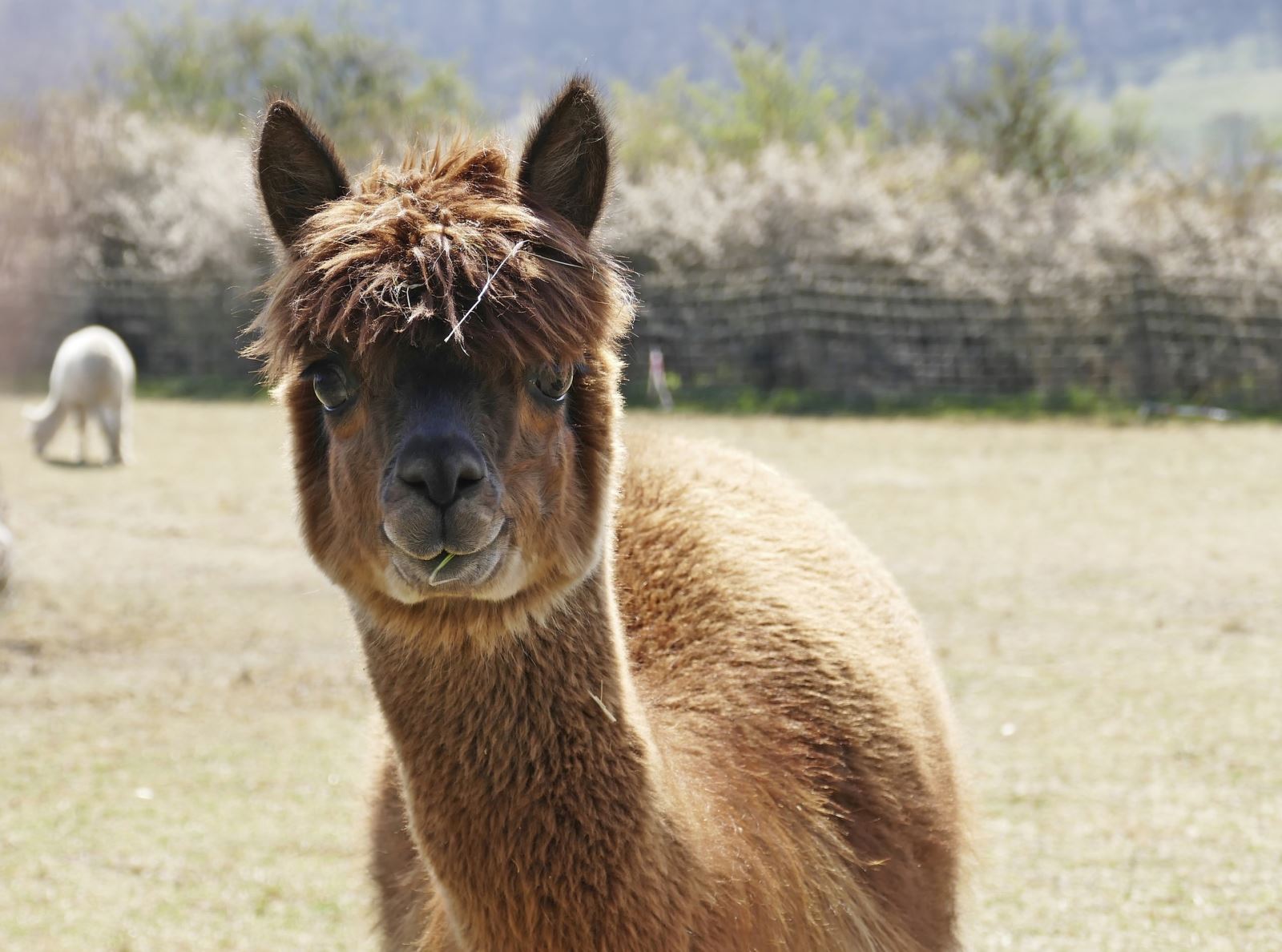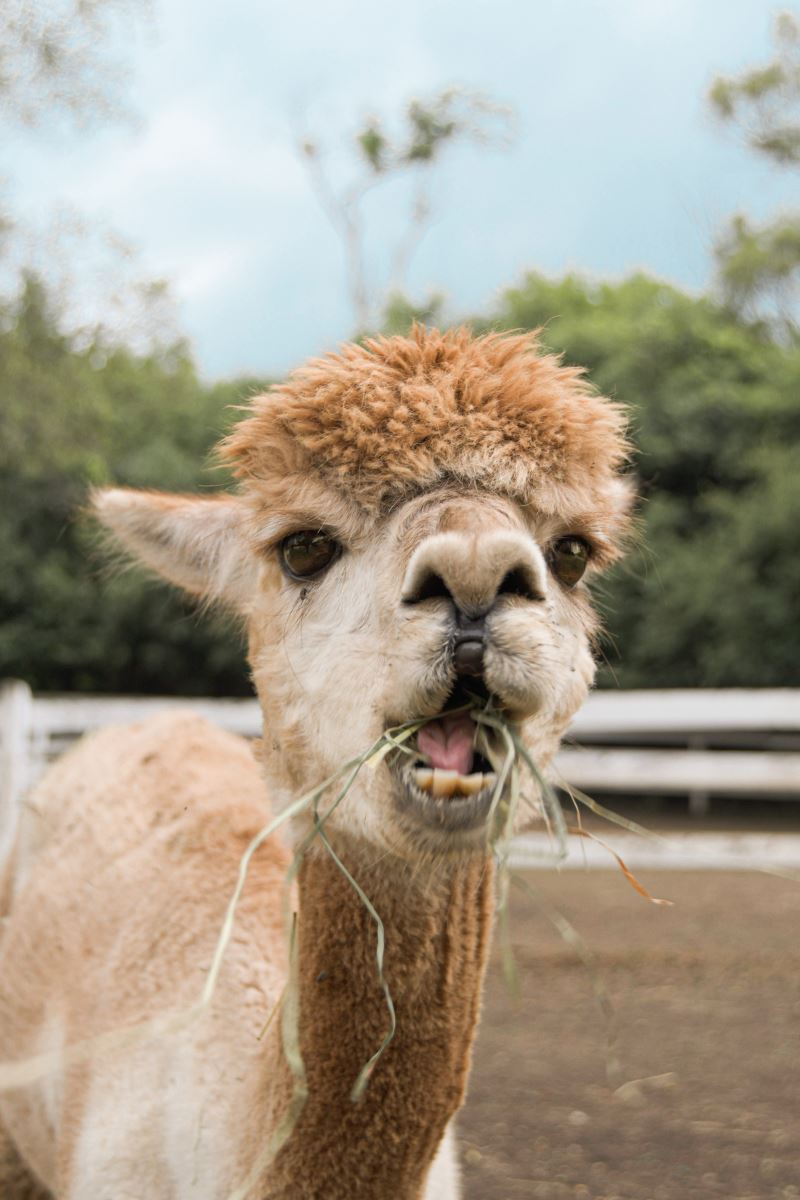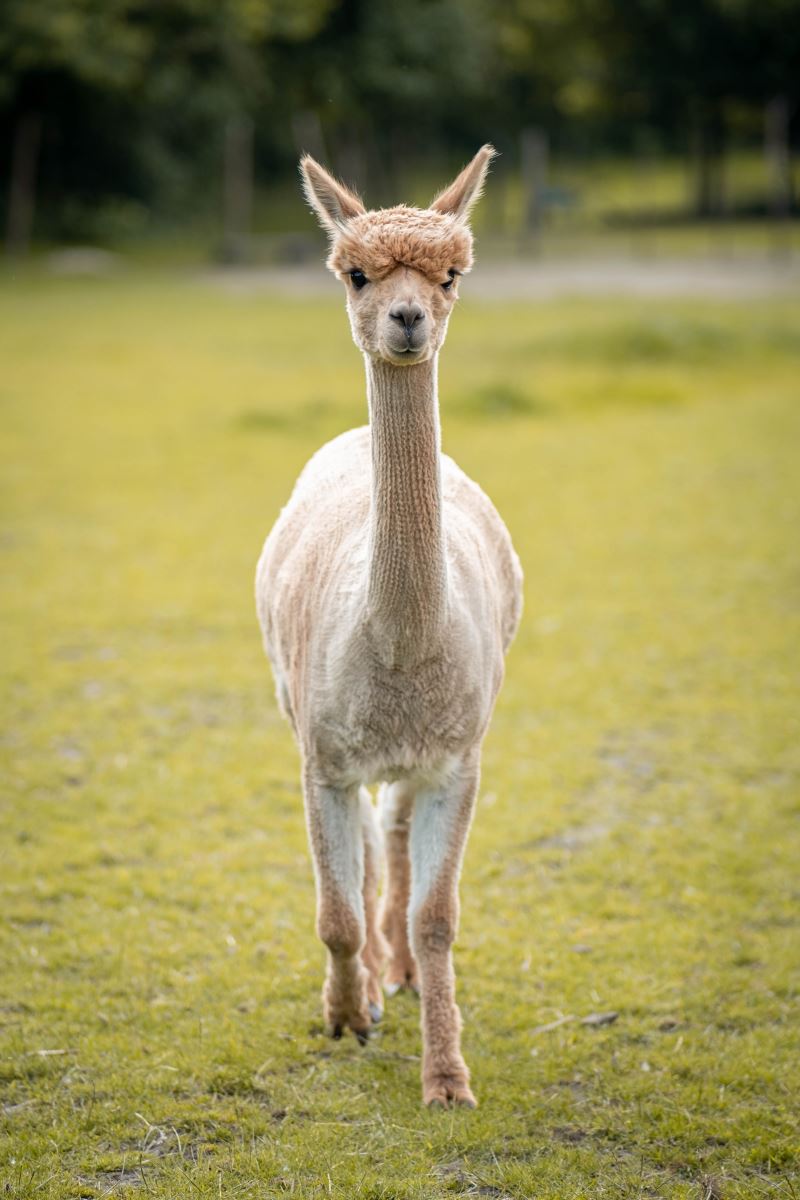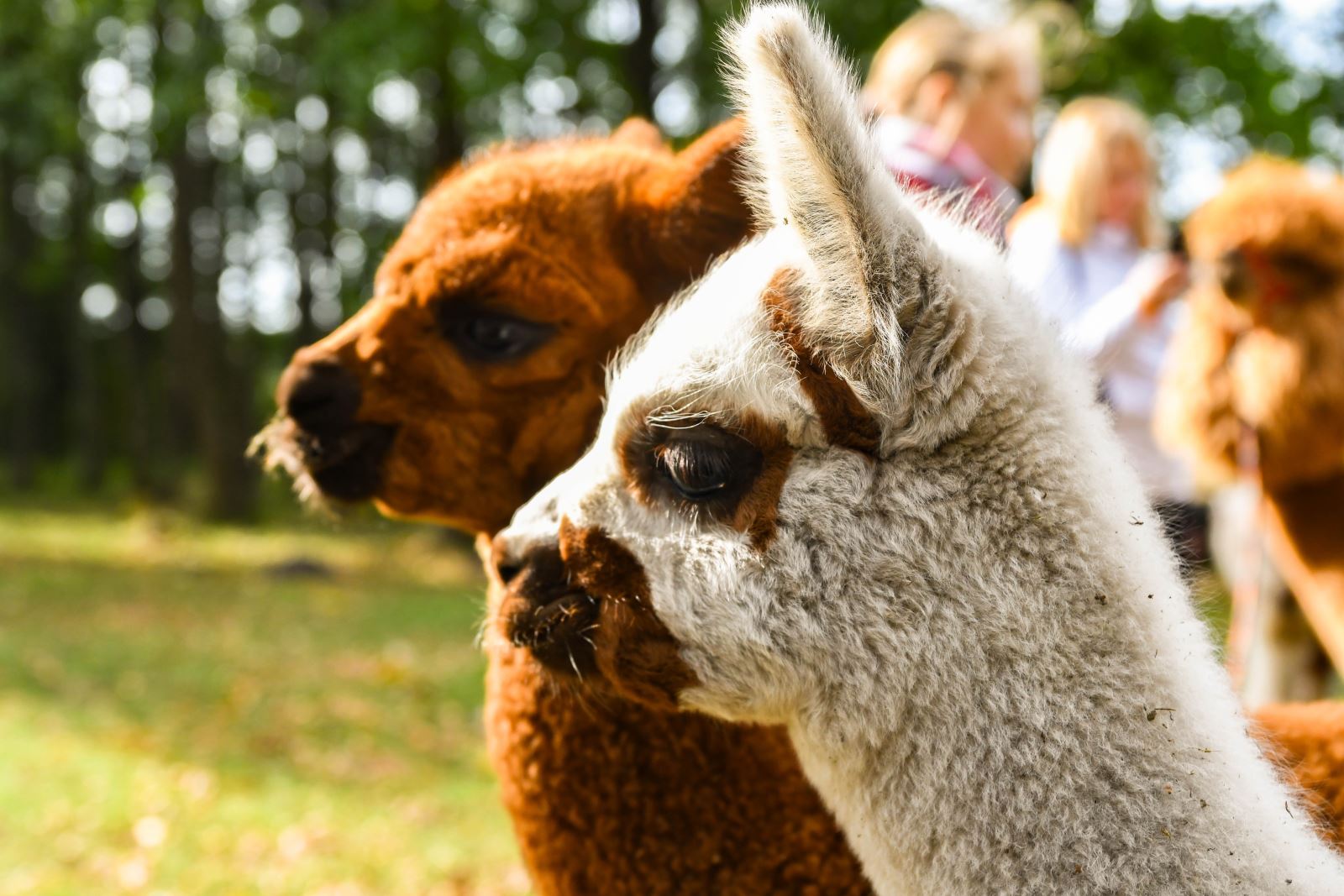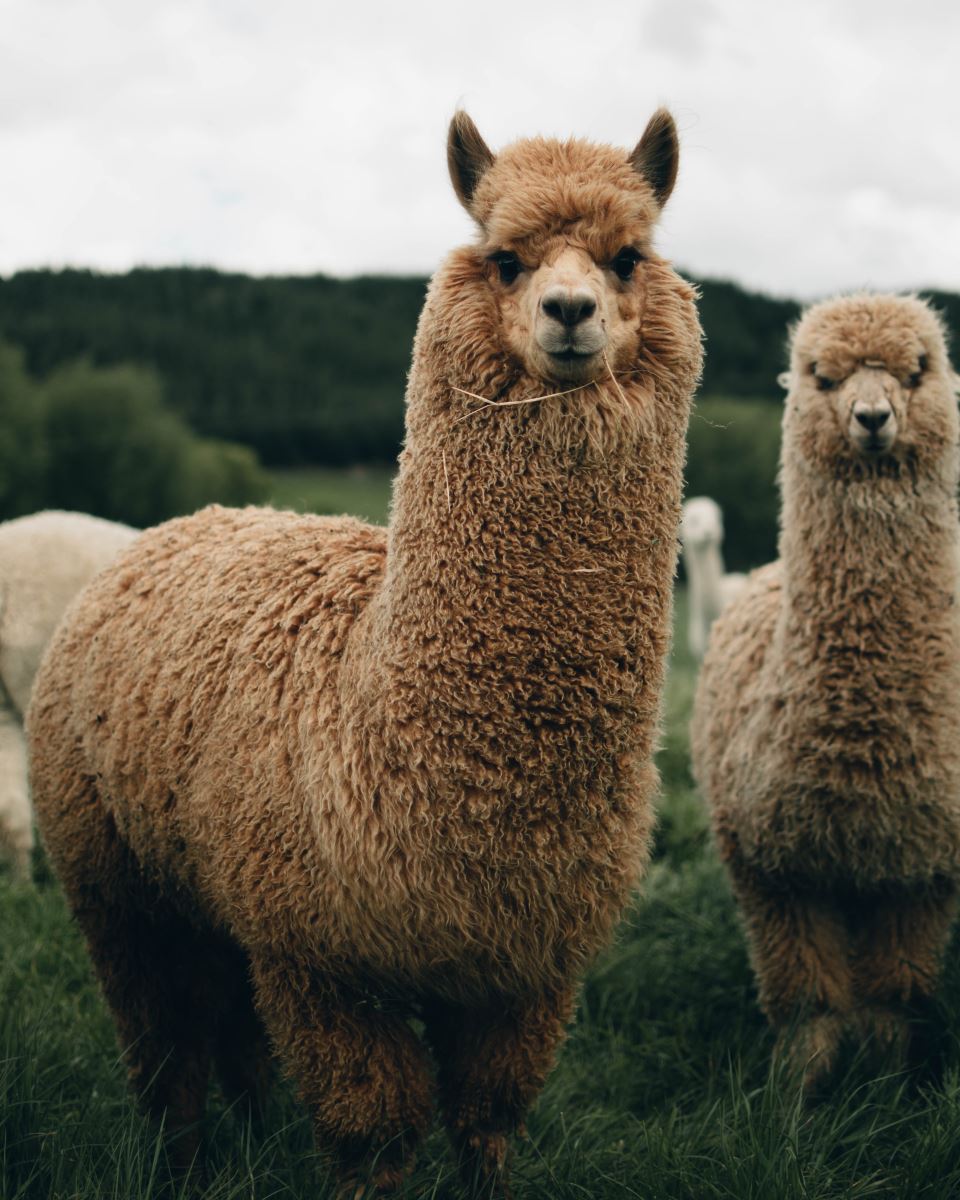Health
All alpacas must receive immediate veterinary attention when they are sick or injured. In most cases, unnecessary pain, injury and disease can be prevented through good husbandry, regular visits to a veterinarian and addressing any issues the veterinarian raises.
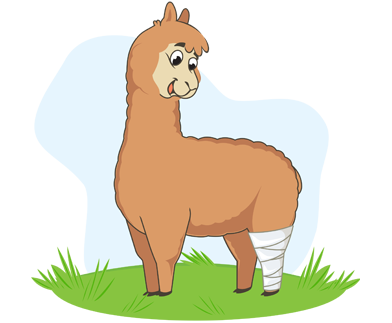
Did you know that there is a special law protecting animals?
This law is called the Animal Welfare Act. The Animal Welfare Act outlines how people must take care of and act towards animals in New Zealand. The Ministry for Primary Industries (MPI), the Police and SPCA work together to make sure people in New Zealand follow these laws.
Under the Animal Welfare Act, all animal guardians (owners) are responsible for making sure the welfare needs of animals in their care are met. Learning about the Five Domains helps us to understand these welfare needs and how we can make sure we provide these. One of the Five Domains is Health. In this section you will learn about this domain and how you can make sure your alpaca have the right veterinary care to be healthy.


















